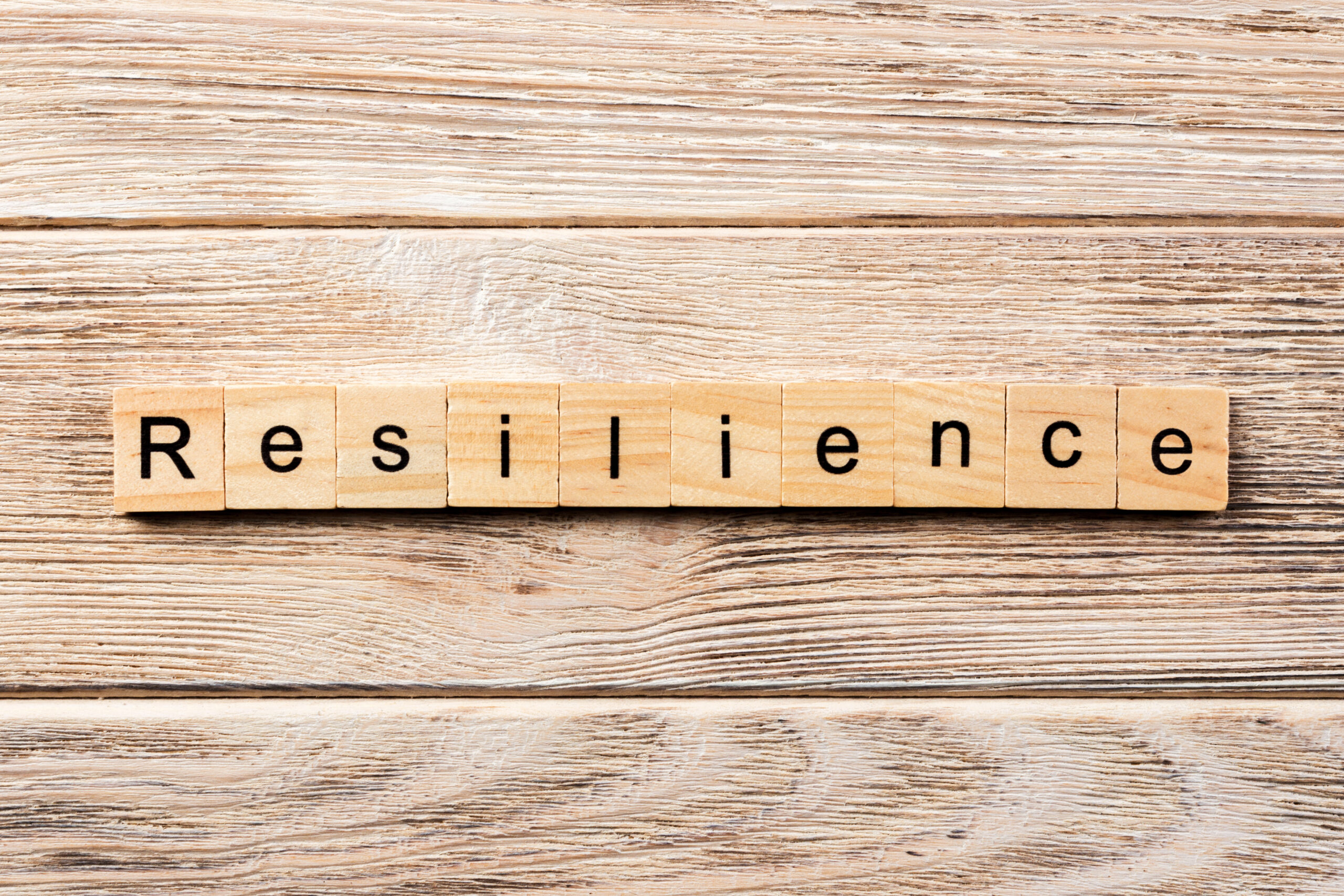Life is full of challenges, and as entrepreneurs, setbacks are practically a guarantee. Whether it’s a failed business, a lost investment, or an unexpected crisis, the journey of entrepreneurship is never a straight line. I know this firsthand. In the late 2000s, my family lost a $20 million real estate portfolio during the recession. It was a humbling experience that tested everything I thought I knew about success, resilience, and myself.
But here’s the thing about setbacks—they don’t have to be the end of the story. In fact, they can be the beginning of something even greater. Rebuilding after a major setback isn’t easy, but it’s possible, and it can teach you lessons that propel you forward.
Facing the Reality of Setbacks
When you hit a major setback, the first step is acknowledging what happened. For me, losing that portfolio was devastating. It wasn’t just about the money—it was about the dreams tied to that success, the years of hard work, and the sense of security I thought I had built.
It’s easy to get stuck in a cycle of self-pity or blame, but that doesn’t solve anything. Accepting reality is a crucial step in moving forward. Look at what went wrong, and be honest about the role you played in it. Owning your mistakes isn’t a sign of failure; it’s a sign of growth.
The Power of Perspective
After my setback, I realized something that changed everything: failure is a part of success. Every successful person I admired had faced challenges, made mistakes, and lost big at some point in their journey. What set them apart was their ability to keep going.
Resilience isn’t about avoiding failure; it’s about learning from it. I started to see setbacks not as roadblocks but as stepping stones. Each challenge became an opportunity to gain new insights, refine my approach, and grow stronger.
Taking Small, Purposeful Steps Forward
When you’re rebuilding, it’s easy to feel overwhelmed by the scale of what needs to be done. The key is to break it down into small, manageable steps. After the recession, I didn’t rebuild overnight. I started by focusing on what I could control—reassessing my skills, gaining more knowledge, and setting realistic goals.
For me, that meant going back to the fundamentals. I earned my business degree with honors from Whittier College, which gave me the tools I needed to approach entrepreneurship with a fresh perspective. I then focused on rebuilding wealth through financial consulting and real estate investments, step by step.
Every small win builds momentum. Each step forward reinforces your belief that recovery is possible.
Surround Yourself with the Right People
Rebuilding after a setback is not something you have to do alone. Surrounding yourself with supportive, like-minded people can make all the difference. I leaned on my family, mentors, and peers who encouraged me to keep going even when it felt impossible.
Find people who believe in you, challenge you, and hold you accountable. Whether it’s a mentor who’s been through similar struggles or a friend who keeps you motivated, having a strong support system is invaluable.
Staying True to Your Vision
One of the hardest things about rebuilding is staying focused on your long-term vision when everything feels uncertain. But your vision is what will guide you through the toughest moments.
For me, that vision was about more than rebuilding wealth—it was about creating opportunities for others and leaving a legacy of resilience and impact. Every decision I made during the rebuilding process was aligned with that purpose. Having a clear “why” kept me motivated and grounded.
If you’re facing a setback, take some time to reconnect with your vision. Why did you start this journey in the first place? What impact do you want to make? Let that guide your next steps.
The Role of Faith and Mindset
Faith has been a cornerstone of my journey. When things felt impossible, prayer and reflection helped me find clarity and strength. I firmly believe that setbacks often lead to breakthroughs if you’re willing to stay the course.
Your mindset is equally important. Rebuilding requires you to believe in your ability to rise above challenges, even when the odds feel stacked against you. Replace negative self-talk with affirmations of your resilience and capability.
Learning and Adapting
Every setback carries lessons—if you’re willing to learn from them. For me, the recession taught me the importance of diversification, financial literacy, and staying prepared for the unexpected.
As entrepreneurs, we can’t control everything, but we can control how we respond. Be open to adapting your strategies, learning new skills, and embracing innovation. The world is constantly changing, and resilience comes from your ability to evolve with it.
Giving Back as a Form of Healing
One unexpected thing I discovered during my rebuilding process was the power of giving back. Helping others gave me a renewed sense of purpose and reminded me that even in tough times, I had something to offer.
Whether it’s mentoring someone, volunteering, or contributing to your community, giving back shifts your focus from what you’ve lost to what you can create. It’s a powerful way to regain confidence and perspective.
Moving Forward Stronger
Rebuilding after a setback is hard, but it’s also one of the most rewarding journeys you can take. It pushes you to grow, adapt, and discover strengths you didn’t know you had.
Looking back, I’m grateful for the lessons I’ve learned through my challenges. They’ve shaped me into the entrepreneur, leader, and person I am today. If you’re facing a setback, know that it’s not the end of your story. With resilience, determination, and faith, you can rebuild stronger than ever.
Keep going. Your next chapter is waiting to be written.
